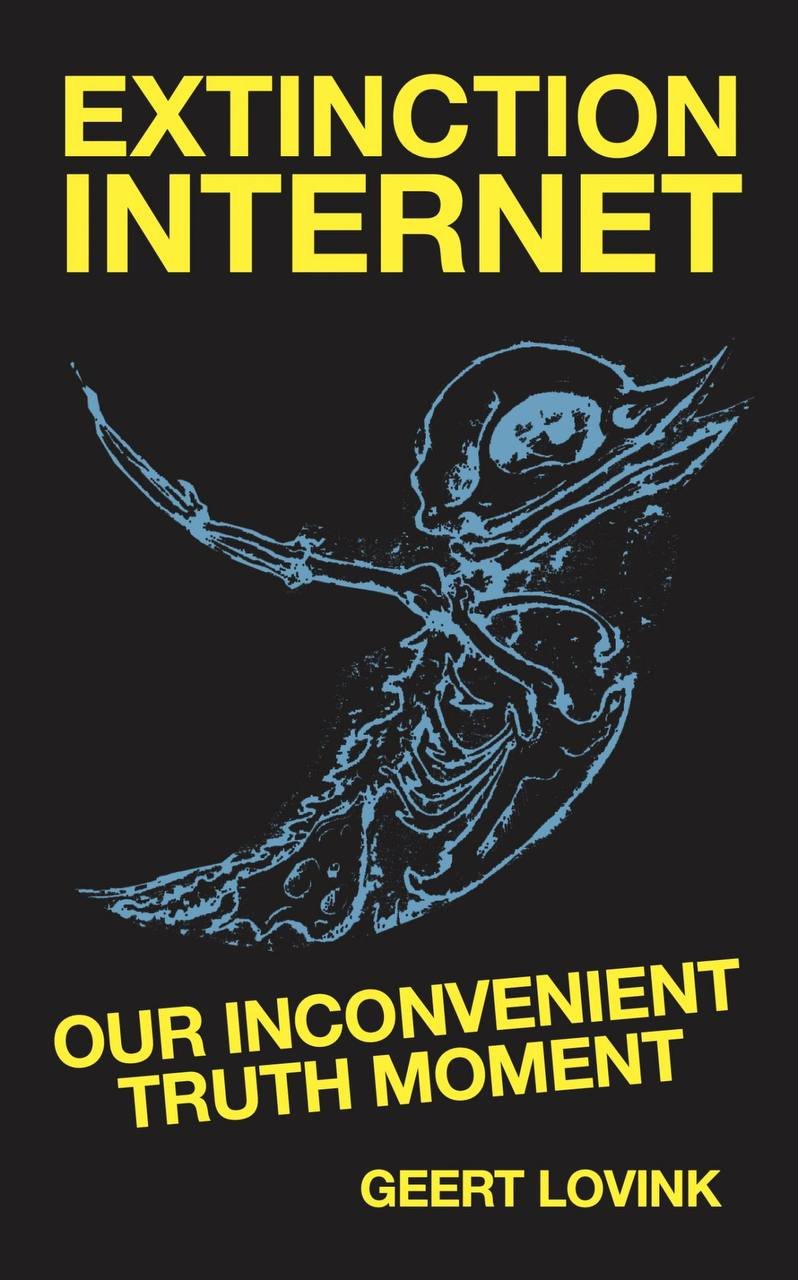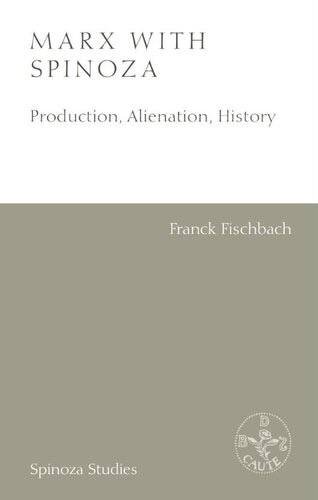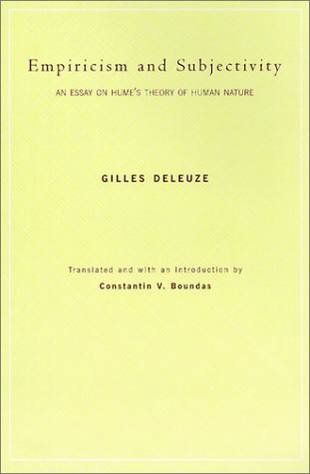
Leibniz's Discourse on Metaphysic
Private Book Reader
Upload and read your personal PDF books in our secure reader
Read Your Private BookShort Audio Book Summary
Leibniz's Discourse on Metaphysic Summary
0:00 / 0:00Reviews
No review yet. Be the first to review this book!
Description
"Leibniz's Discourse on Metaphysics" is a philosophical work written by Gottfried Wilhelm Leibniz, one of the most influential thinkers of the 17th and 18th centuries. However, Christopher Johns may have provided a commentary, analysis, or edition of Leibniz's work. Leibniz's "Discourse on Metaphysics" (Discours de métaphysique) is one of his major philosophical writings, completed in 1686 but not published until after his death. In this discourse, Leibniz presents his metaphysical system, which is deeply influenced by his views on logic, mathematics, and theology. In "Discourse on Metaphysics," Leibniz articulates his famous principles of the identity of indiscernibles and the principle of sufficient reason. He also introduces his theory of monads, which are the fundamental units of reality according to Leibniz. Monads are indivisible, non-material substances that represent the basic elements of existence, each possessing perception and appetition. Leibniz's discourse covers a wide range of topics, including the nature of substance, causality, free will, and the existence of God. He argues for the existence of a pre-established harmony in the universe, whereby each monad mirrors the entire universe from its own perspective, without direct interaction with other monads. Christopher Johns may have written a scholarly work that examines Leibniz's "Discourse on Metaphysics" in detail, providing analysis, commentary, and historical context to help readers better understand Leibniz's ideas and their significance in the history of philosophy. Such a work could shed light on the complexities of Leibniz's metaphysical system and its implications for contemporary philosophical debates.





















.jpg)








.jpeg)



.jpeg)





.jpeg)
.png)
.jpg)


.jpg)


















.jpg)


.jpg)
.jpg)

.jpg)

















.jpeg)
.jpeg)





















.png)










